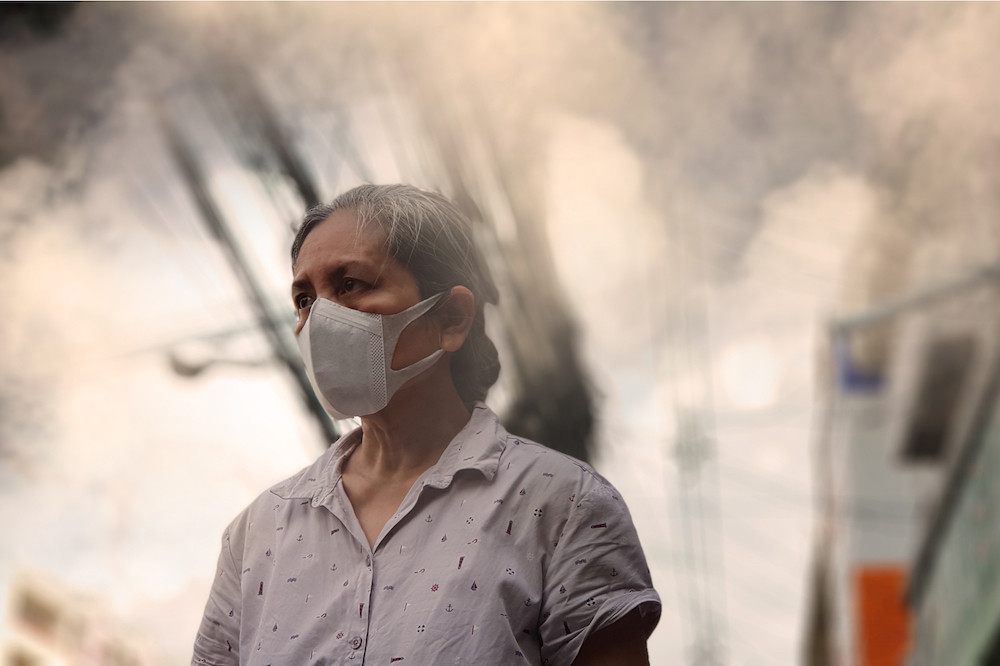In 2019, 307,000 people died prematurely due to air pollution caused by fine particles (PM2.5) in the European Union (EU), according to the by the European Environment Agency (EEA) published on 15 November.
This is an alarming figure, although it is lower than in 2018--a year in which fine particles caused the premature death of 346,000 people. This is the result of a gradual improvement in the situation since 2005, when 456,000 premature deaths were recorded.
European regulations, in particular the Zero Pollution Plan, aim to achieve a 55% reduction in premature deaths by 2030 compared to 2005, i.e. 205,200 premature deaths. The EU is on track to achieve this objective, according to the EEA.
Improvement in Luxembourg
But this success is only half the story: the EEA points out that if EU member states had complied with recommendations by the World Health Organization (WHO) in 2019--which set an annual threshold of 5µg/m3 and a daily threshold of 15µg/m3 for PM2.5--178,000 premature deaths could have been avoided, i.e. more than half (58%).
This is a reminder that EU countries are far from being exemplary and that efforts must be stepped up. Also, the EU needs to tighten up its standards, which are far less demanding: currently, the EU threshold for PM2.5 is 25µg/m3.
In Luxembourg, where PM2.5 was present at 10.1µg/m3 in 2019 (i.e. within the European standards, but far from those of the WHO, as for nitrogen dioxide), the situation has also improved significantly: less than 100 premature deaths were recorded by the EEA in 2019, compared to 210 in 2018. However, if the WHO standards had been respected, the number of victims would have been 50% lower, notes the EEA.
This story was first published in French on . It has been translated and edited for Delano.
